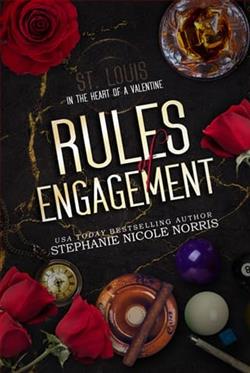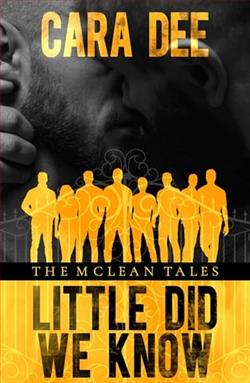Page 42 of Bitten Vampire
The wedding co-ordinator begins ushering guests to their seats; the ceremony is about to start.
I remain hidden a moment longer, just long enough to collect myself.
Then I slip into an empty seat near the back. Hamish catches my eye and gives a jerky nod before taking his place by the altar.
A few minutes later Theresa sweeps in, every inch the mother of the groom. Her makeup is flawless, her hair artfully sculpted. Arm linked with Jay’s, she marches past as thoughshewere the bride.
I cannot hear her words, but I do not need to. She prods Hamish and Jay like dolls, straightens Hamish’s tie and—judging by Jay’s wince—yanks his hair while adjusting his collar.
Classic Theresa.
The string quartet strikes up the opening bars of Mendelssohn’sWedding March.
Everyone rises.
I have seen photographs of Melissa; she ought to be radiant on her special day. Instead, she stalks down the aisle with a scowl that could strip wallpaper, her father at her side, pretending nothing is amiss.
Then I spot it: her phone, wedged into the sweetheart neckline of her gem-studded gown, protruding between crystals like an afterthought. She has, quite literally, shoved a phone between her breasts, and no one mentions it.
Her scowl deepens when she sees me. She halts mid-aisle, rigid. Her father tugs her arm.
“You,” she mouths.
The music continues; the quartet valiantly plays on.After a few taut seconds her father murmurs to her and guides her forward. She moves again, reluctantly.
What was that about? I was invited. She has won: she is in the dress, at the altar, about to marry my ex. I am merely a quiet guest near the back, striving to keep my face unreadable, barely succeeding.
The ceremony proceeds. When the officiant reaches the familiar line—“If anyone objects to this marriage, speak now or forever hold your peace”—the atmosphere shifts.
It feels as though every head turns towards me.
The bride whips around and glares.
Theresa’s stare drills into the side of my face, but I deny her the satisfaction. I lift my chin and picture Baylor splashing in his absurd paddling pool at home. I’m peaceful, happy, untouchable. They. Can’t. Touch. Me.
The vows conclude; they kiss. It is done. Jay is married, and I am grateful it is not to me.
I remain long enough to watch them sign the register. Important, necessary. I have shown up, been seen and hopefully patched my reputation.
But I will not stay for cake.
Yes, I feel a little guilty about wasting a meal. But Melissa’s dagger-eyes and the tension thick enough to cut with the wedding knife tell me it is time to leave. They ruined my life for a time, but I’m not about to ruin their wedding day.
I have my closure. I have made my point.
Time to go home.
I follow the golden stone path back towards my car.
“Winifred, wait!”
I stop.
Jay—of all people—strides after me. He is not with hisnew bride, not being photographed, not cutting the cake. No, he is here, chasing me. I tense.
“Why are you leaving so soon?”
“Your wife looked furious,” I reply coolly. “I thought it was time to go.”















